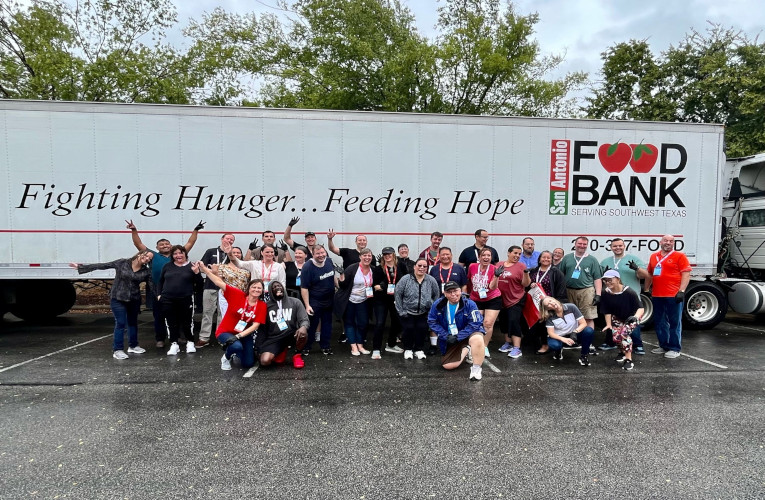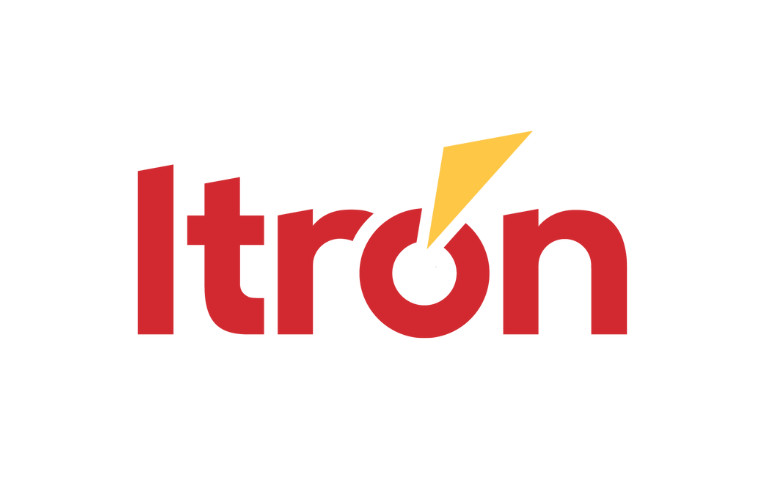
Industry Insights
IIJA and Justice40: Empowering Utilities to Invest in Communities
Under the Biden Administration, the federal government is prioritizing the remediation and reduction of legacy pollution in communities that have been disproportionately affected. President Biden made this commitment when he enacted the Justice40 initiative into law, which applies to funding provided by the Inflation Reduction Act, Infrastructure Investment and Jobs Act (IIJA) and the American Rescue plan. The initiative is a concerted government effort to ensure that at least 40% of the overall benefits from these federal investments reach what the administration defines as disadvantaged communities.
In the next blog of Itron’s IIJA series, we’re taking a closer look at the Justice40 Initiative, the grant opportunities within it and why this is significant for both Itron and our customers alike. Check out the additional blogs in our IIJA series here and keep reading for valuable insights utilities need to know about Justice40 and IIJA funding.
Defining Disadvantaged Communities
According
to the White House, a community qualifies as disadvantaged under
Justice40 if the census district is above the threshold for one or
more environmental or climate indicators in addition to socioeconomic
indicators including but not limited to low income, high rent burden,
members or groups that have historically experienced discrimination on
the basis of race or ethnicity, etc. These communities often face
significant environmental and health challenges due to historic
underinvestment and close proximity to pollution sources. Identify the
federal climate and economic indicators for your specific area using
the tool here.
Taking A Closer Look at Justice40
This is where Justice40 comes in. Grant programs that fall
within the Justice40 Initiative include those that benefit
disadvantaged communities, rural or urban, specifically in the realms
of climate change, clean energy and energy efficiency, clean transit,
affordable and sustainable housing, training and workforce
development, remediation of legacy pollution as well as the
development of critical clean water and wastewater infrastructure.
Current IIJA grant programs that are both covered under Justice40 and can be bundled with Itron solutions include:
Department of Energy
-
Grid Resiliency Innovation and Partnership (GRIP):
provides funding for utilities to forge new relationships with their
communities including city, county and state governments to
strategically bundle Itron solutions to manage renewable energy,
energy storage, fleets, EV at the distribution level to optimize
energy delivered around ideal times of carbon and advancing these
federal policy objectives.
- Itron solutions: DERMS platform (fleet planning, Load control, Distributed Energy Resource Optimization, Demand Response), Edge Computing (includes Itron AMI with distributed Intelligence), Datahub, Itron Enterprise Edition
Department of Transportation
-
Carbon Reduction Program: provides metropolitan
planning organizations (MPOs), cities and counties with funding for
development of carbon reduction strategies and projects that reduce
transportation emissions, including traffic management, public
transportation, pedestrian facilities, alternative fuels and port
electrification.
- Itron solutions: SLV, street lighting, industrial IoT, multi-application network canopy, fleet planning, EV charging
-
National Electric Vehicle Infrastructure Formula Program:
provides funding to strategically deploy EV charging
stations and to establish an interconnected network to facilitate
data collection, access and reliability.
- Itron solutions: fleet planning, EV charging, distributed energy resource management system, industrial IoT
-
Promoting Resilient Operations for Transformative, Efficient
and Cost-Saving Transportation: provides funding for
improving the resilience of highway, transit, intercity rail and
port facilities to current and future weather events, natural
disasters, etc.
- Itron solutions: SLV, street lighting, fleet planning, EV charging, industrial IoT
- Congestion Mitigation and Air Quality Improvement Program: funds
transportation projects that reduce regulated emissions associated
with carbon monoxide, ozone, etc.
- Itron solutions: SLV, street lighting, EV charging, industrial IoT
-
Surface Transportation Block Grant Program:
provides funding for projects to preserve and improve the conditions
and performance on and federal-aid highway, bridge and tunnel
projects on any public road, pedestrian, bicycle and transit
infrastructure.
- Itron solutions: SLV, street lighting, industrial IoT
The Environmental Protection Agency
-
Climate Production Reduction Grant: provides
funding opportunities to cities, counties and states to reduce
carbon through transportation, utilities, water and wastewater,
agriculture, buildings and carbon extraction and partnership with
the local utility and bundled with Itron solutions.
- Itron solutions: DERMS platform (fleet planning, Load control, Distributed Energy Resource Optimization, Demand Response), Datahub, Itron Enterprise Edition, SLV, Streetlighting, industrial IoT
Justice40 and IIJA funding present a significant opportunity for utilities to strengthen their collaboration with transit districts, MPOs, cities, counties and states on upgrading infrastructure, increasing safety, advancing policy and improving quality of life for their communities. In addition, IIJA funding applications that include Justice40 will likely score higher and have increased chances of receiving an award.
Investing in Tomorrow, Today
At Itron, we actively engage with communities across the globe to
improve energy-water literacy, encourage conservation and inspire
future innovators to shape a more resourceful world. With historical
initiatives such as Justice40, combined with IIJA funding, we’re
helping our customers do the same.
For more information about IIJA and Justice40 eligibility, application and implementation support, reach out to Dave Stensland, business development director, IIJA.
Related Articles
HTML Example
A paragraph is a self-contained unit of a discourse in writing dealing with a particular point or idea. Paragraphs are usually an expected part of formal writing, used to organize longer prose.


